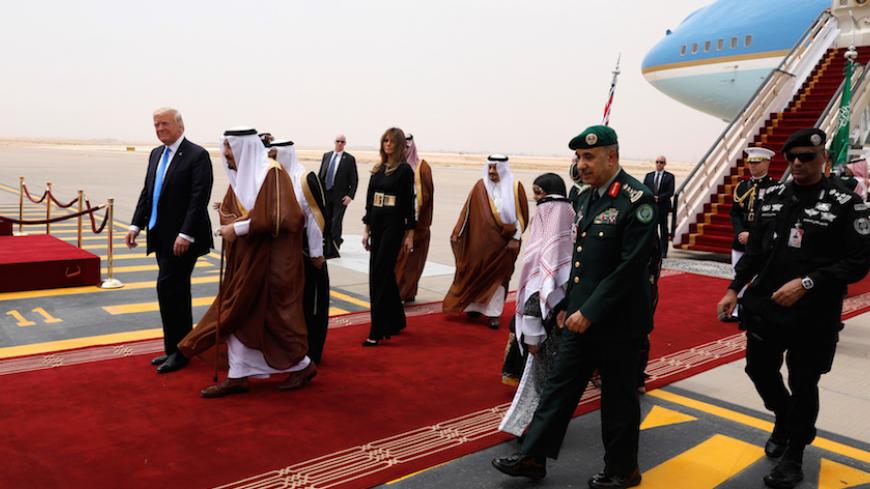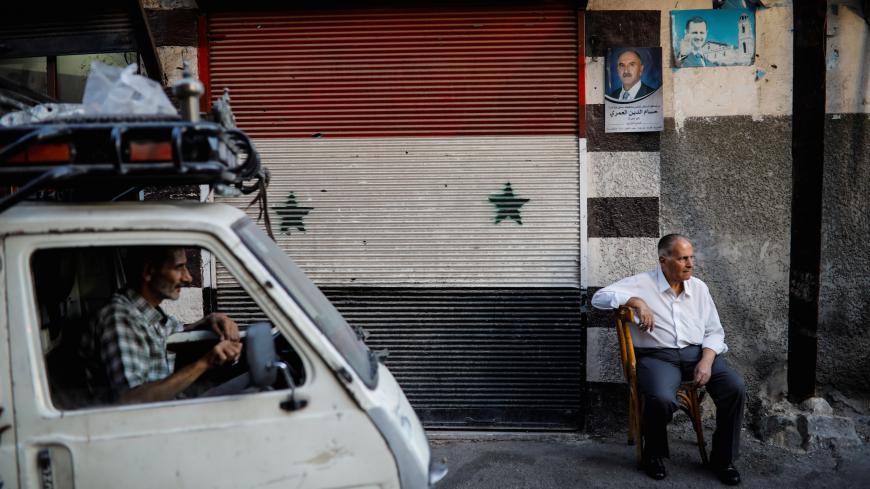Trump demands Russia, Iran halt Assad atrocities ahead of any deal
The Donald Trump administration accuses Bashar al-Assad's regime of building a crematorium to cover up evidence of mass murder.

The Donald Trump administration on May 15 accused Bashar al-Assad's regime of building a crematorium at the Saydnaya prison complex outside Damascus in an effort to destroy evidence of mass murder. In pointed comments just days after Russian Foreign Minister Sergey Lavrov met with the president at the White House, US officials said Moscow and Tehran must rein him in before the United States can support their diplomatic efforts in Syria.
“The Assad regime has sunk to a new level of depravity, and it has done so with seemingly unconditional support from Russia and Iran,” White House Press Secretary Sean Spicer told journalists at his White House press briefing.








